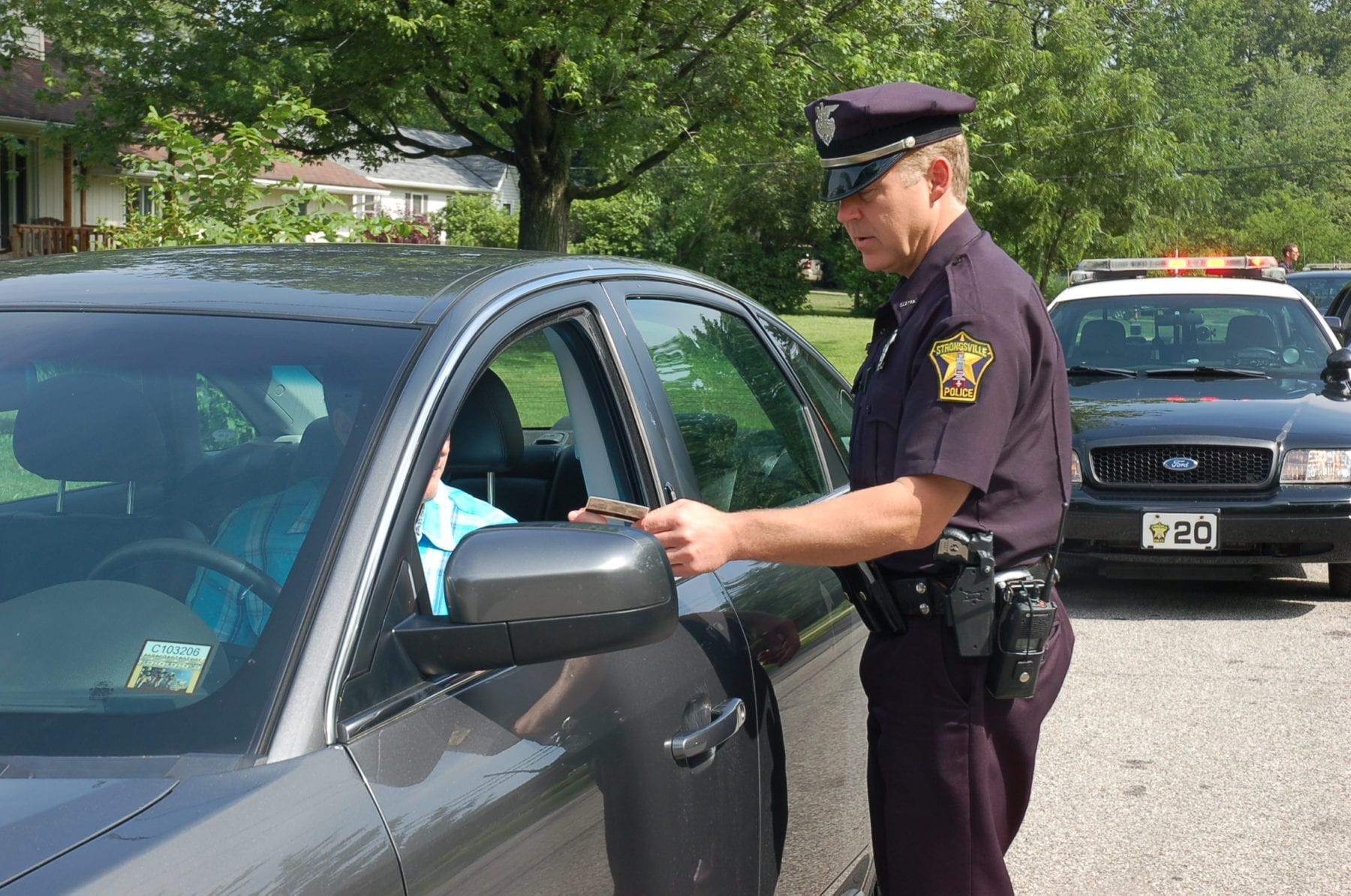
The police are do not have an obligation inform the reason why you’re being stopped. If the motive is valid, the court will determine that the police officer is to be justified in making the arrest. There are however limitations on the authority of an officer to stop you.
The Investigative Stop
Once the stop has been made and the officer is able to stop the driver for the time needed to identify the driver, verify or deny the suspicion and issue any ticket or should it come to the need to, take an action. If, for instance, an officer observes someone speeding too much the officer is allowed to stop the vehicle and request identification and then ask questions to determine whether there was an excuse for speeding.
If an officer spots someone speeding, has a malfunctioning tail light or has evidence that suggests that the driver has made an illicit deal, that officer can activate the blue light and ask that the motorist stop.
Police cannot require you to stop or respond to questions without a reason. There is no reason to stop you from answering questions. New Hampshire and United States Constitution demands that seizures are “reasonable” as well as require an warrant. Since traffic stops aren’t always genuine arrests, judges have permitted the police to conduct traffic stops when the officer has “a reasonable, credible suspicion” due to the fact that indicate the driver is involved, was or is likely to engage in criminal activities or is a minor traffic offender.
The expansion of the Stop
The most typical beginning of an DUI incident is when the officer walks up to the window to request ID , and then smell “the smell of alcohol coming from the interior inside the car.” The above is an illustration of an innovative observation that permits the officer to inquire more questions. Police officers are taught to conduct tests with specific questions that test an individual and not to determine the answers that are forthcoming, but rather to determine the way in which answers are revealed. For instance officers might require you to store you registration inside the glove compartment and then ask you a inquiry such as, “where did you go to school?” You might give the correct answer, however the officer won’t care which school you attended. The officer wants to know how you are able to split your attention to two things simultaneously. Even if you do get the correct answer it is possible that you won’t be capable of coming up with the answer until after you’ve finished clearing out your registration. This indicates to the officer that you could be impaired by alcohol , and might justify asking you more questions, or perhaps having you take tests of field sobriety.
An officer can’t transform every stop into an DUI investigation or investigation into a drug investigation. If you’re stopped for speeding but there’s not an smell of alcohol emanating from the windows, no drug items are visible in windows, or other than suspicious, the officer has to write a ticket and leave.
Indicating Your Rights
What happens if the police officer stops you without a reason? Or makes you wait for a dog that sniffs drugs to look around with no suspicion that drugs could be discovered? In order to obtain any relief, you have to attend an appearance in court. Any evidence gathered due to a breach of rights could be rejected by an attorney. While you’re waiting, arguing between the cops or with anyone else is not going to bring you any where. Keep cool and figure out a way to keep a record of everything happening to be able to relay the information the information to your attorney. Making recordings and taking pictures are legal ways to guard yourself against false accusations. Knowing the restrictions on police officers is essential when making any DUI defense. Choose an attorney with expertise to argue the constitutionality of the encounter with the police at your trial.
